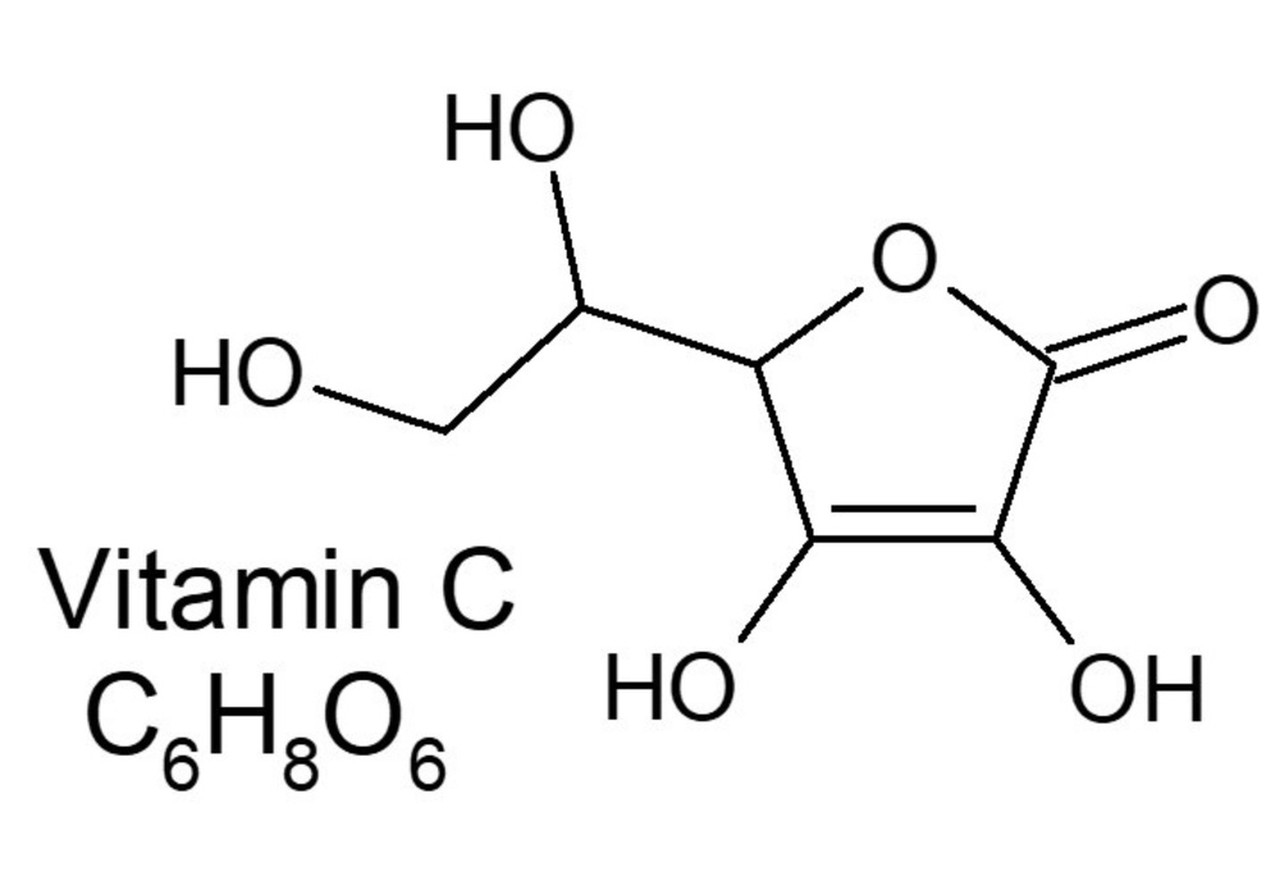Liposomal Vitamin C has several applications across health and wellness due to its enhanced bioavailability and sustained release. Here are the key applications:
1. Immune System Support
Liposomal Vitamin C is widely used to strengthen the immune system. Vitamin C enhances the production and function of white blood cells, particularly lymphocytes and phagocytes, which protect the body from infections. Liposomal delivery ensures higher concentrations of Vitamin C in the bloodstream, optimizing its immune-boosting effects.
- Cold and Flu Prevention: It helps reduce the severity and duration of colds and flu by supporting immune defenses.
- Antioxidant Defense: As a potent antioxidant, Vitamin C neutralizes free radicals, preventing oxidative stress, which can impair immune function.
2. Enhanced Skin Health
Vitamin C plays a vital role in collagen synthesis, making liposomal Vitamin C highly effective for skin health.
- Collagen Production: It helps in the formation of collagen, which is essential for maintaining skin elasticity, reducing wrinkles, and promoting overall skin firmness.
- Antioxidant Protection: It protects the skin from oxidative damage caused by UV exposure, pollution, and other environmental stressors.
- Brightening Effect: Vitamin C helps reduce hyperpigmentation and dark spots, giving the skin a more even tone.

3. Anti-Aging and Cellular Repair
Liposomal Vitamin C supports cellular repair and regeneration due to its antioxidant properties.
- Anti-Aging: By fighting oxidative stress, it slows down the aging process at the cellular level, reducing damage caused by free radicals.
- DNA Repair: Vitamin C helps repair damaged DNA and prevents cellular mutations, which can reduce the risk of age-related diseases and promote longevity.
4. Heart and Cardiovascular Health
Vitamin C has been shown to improve cardiovascular function by supporting blood vessel health and lowering oxidative damage.
- Blood Pressure Regulation: Regular intake of Vitamin C may help lower blood pressure by enhancing the function of blood vessels and improving endothelial function.
- Reduction of Inflammation: It reduces inflammation in arteries, potentially decreasing the risk of atherosclerosis and related heart diseases.
- Cholesterol Management: Some studies suggest Vitamin C may help reduce levels of LDL cholesterol, which can reduce the risk of heart disease.
5. Increased Energy and Reduced Fatigue
Vitamin C is involved in the synthesis of carnitine, a compound essential for energy production. Liposomal Vitamin C can increase energy levels and reduce fatigue, especially in those with chronic conditions or nutrient deficiencies.
- Adrenal Support: It supports the adrenal glands in producing hormones like cortisol during stress, helping manage stress-related fatigue.
- Fatigue Reduction: By enhancing nutrient absorption and cellular repair, liposomal Vitamin C may improve energy metabolism and reduce overall tiredness.
6. Support for Joint and Connective Tissue Health
The role of Vitamin C in collagen production extends beyond skin health to support joint, ligament, and connective tissue integrity.
- Joint Health: Collagen is a key component of cartilage, and Vitamin C supports its synthesis, which can reduce joint pain and inflammation in conditions like osteoarthritis.
- Tendon and Ligament Repair: It promotes faster recovery from injuries by supporting the repair of tendons and ligaments through collagen formation.
7. Liver Detoxification
Liposomal Vitamin C may enhance liver detoxification pathways by supporting antioxidant function and neutralizing toxins.
- Glutathione Production: It helps increase glutathione levels in the liver, one of the body’s most powerful antioxidants, aiding in the detoxification of harmful substances.
- Liver Protection: The antioxidant properties of Vitamin C protect liver cells from damage caused by toxins and oxidative stress.
8. Improved Absorption in Digestive Disorders
People with digestive issues, such as Crohn’s disease or irritable bowel syndrome (IBS), often have difficulty absorbing nutrients. Liposomal Vitamin C bypasses the gastrointestinal tract and delivers nutrients directly into the bloodstream, making it a more effective option for these individuals.
- Reduced Gastrointestinal Discomfort: Liposomal encapsulation prevents the gastrointestinal side effects (such as cramping or diarrhea) often associated with high doses of regular Vitamin C.
9. Support for Cancer Therapy
Although more research is needed, there are studies suggesting that high doses of Vitamin C, particularly in liposomal form, may support cancer treatments by promoting apoptosis (programmed cell death) in cancer cells.
- Chemotherapy Support: It has been investigated as a complementary treatment to reduce the side effects of chemotherapy and enhance its efficacy.
10. Wound Healing and Tissue Repair
Liposomal Vitamin C accelerates wound healing and promotes faster recovery after injuries or surgeries.
- Tissue Regeneration: It supports the regeneration of tissues by enhancing collagen formation and reducing inflammation, which can speed up the healing of cuts, wounds, and scars.
11. Cognitive Function and Mental Health
Liposomal Vitamin C is antioxidant properties may support brain health by reducing oxidative stress, which is linked to neurodegenerative diseases.
- Neuroprotection: It helps protect neurons from oxidative damage, potentially reducing the risk of cognitive decline associated with aging.
- Mood Regulation: Vitamin C plays a role in neurotransmitter synthesis, which can affect mood and reduce symptoms of depression and anxiety.
Conclusion
Liposomal Vitamin C has diverse applications in promoting general health, enhancing immune function, improving skin and joint health, and supporting cardiovascular and brain health. Its enhanced absorption and bioavailability make it especially useful for individuals requiring high doses of Vitamin C or those with digestive issues.
